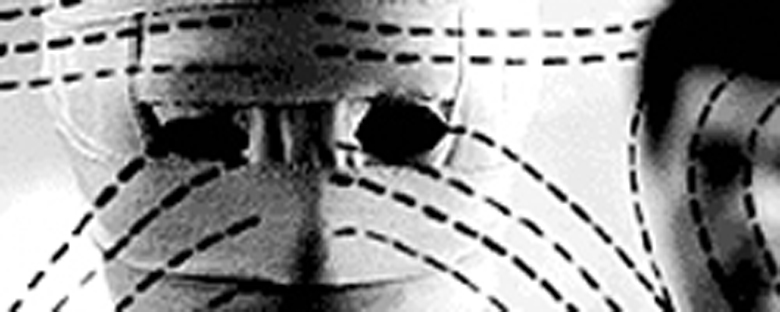Reviews
Tanin no kao
Hiroshi Teshigahara
Japan, 1966
Credits
Review by Matt Bailey
Posted on 28 March 2005
Source Masters of Cinema/Eureka! DVD
Sometimes, in the course of considering what I want (or need) to say about a movie I’m reviewing, I’ll have a difficult time of it. Sometimes, I suck it up and eke out a review that might not be very good but that has at least one intelligent and original thought in it. Other times, like right now, I’ll be tedious and self-indulgent and make the review more about me than about the movie. But let me tell you a trade secret: anytime you read something that purports to provide an opinion, you’re reading autobiography. There is no such thing as objective criticism, particularly when it comes to movies. At the same time, movies become “great” or “classic” because enough people have agreed on the wholly subjective criteria for what makes a “great” or “classic” movie. Of course, there are those whose power lends considerable weight to this agreement. If Roger Ebert, for example, deems a movie “great,” the pronouncement carries more authority than if I, for example, deem a movie “great”. Ebert gets books published, books called The Great Movies. I, as it happens, do not.
The reason I’m waxing solipsistic is that I feel I have failed as a critic. I watched Hiroshi Teshigahara’s The Face of Another and read about it and thought about it, yet ultimately failed to connect with it. It sits before me, a work of fearsome intellectual rigor, a dense piece of philosophical art, but I remain unmoved. Or, rather, not moved enough. There was one moment in the film, near the very end, when I felt that the film had leapt from the scaffolding of cold psychological analysis to take flight in the skies of illogical emotion, but it was only a small hop in the air.
My critical faculties tell me that, without question, The Face of Another is an excellent film. The script, which put me in mind of one of my favorite books, One, No One, and One Hundred Thousand by Luigi Pirandello, is a flawless bit of fantastic cerebral inquiry—the Being John Malkovich of its day. The direction, music, and cinematography are all faultless. The actors, underplaying, deliver with conviction what could otherwise have come off as a ludicrous dissertation. But in the end, the sum of those perfect parts added up to nothing. I read other reviews of the film, hoping for a spark of insight, but all I came across (amid incessant droppings of the critical cliché: “haunting”) were cool plaudits for the film’s difficult subject matter, the question of identity. “Yes, I got that,” I thought to myself, “but is that all there is?”
One day I will go back and give the film (and myself) another chance. Until then, I will console myself with the fact that I am not alone in my ambivalence regarding the film. The late film critic Vernon Young reacted to The Face of Another decades ago by saying, “it has the attraction of a nude you might appreciate without desiring.” I admire the film and admire even more those who have watched it and found more in it than startling images and intellectual gear-grinding. I now humbly return to the safe harbors of gaily colored musicals and European explorations of ennui where I feel greatly less adrift.
We don’t do comments anymore, but you may contact us here or find us on Twitter or Facebook.



